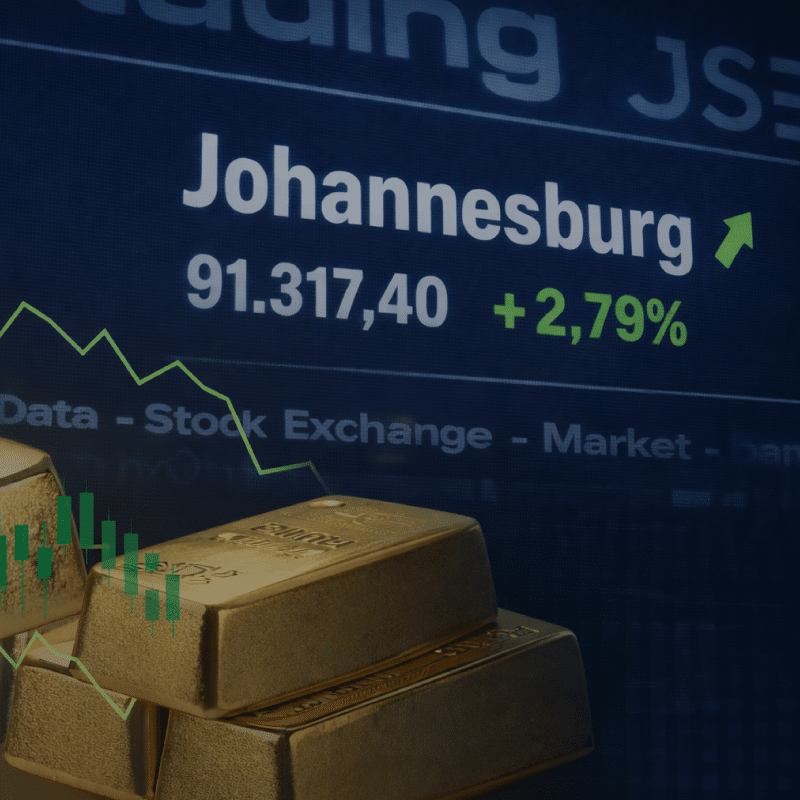Global equity markets fell for a third consecutive month (MSCI World -2.9% MoM), leaving them down almost 10% since the end of July. The three-month sell-off in stocks coincides with a 1% increase in US 10-year government bond yields, which touched 5% p.a. for the first time in over 16 years during October. There was no hiding place for investors in October, with all major stock markets and industry sectors down for the month alongside bonds (Bloomberg Global Bond index -1.2% MoM) and listed real estate (FTSE/NAREIT Global REIT Index -4.8% MoM). Rates drifted higher as US economic data continued to defy expectations of a slowdown. Stronger-than-anticipated September US retail sales (+0.7% MoM relative to expectations for +0.3% MoM) were followed by the release of 3Q23 US GDP growth (+4.9% QoQ) ahead of expectations (+4.5% QoQ).
Geopolitical risk added to negative sentiment in October with Hamas launching an assault on Israel from the Gaza Strip, killing more than 1,400 people and taking at least 239 hostages with the Israeli retaliation resulting in more than 8,500 deaths thus far. US-Sino tensions also increased during the month as the US administration stepped up efforts to keep advanced chips out of China. Meanwhile, a gathering of international leaders in Beijing saw Russian President Vladimir Putin and China’s President Xi Jinping affirm their solidarity.
Around 60% of S&P 500 companies posted 3Q23 earnings during October, reporting aggregate earnings growth of 3% YoY. While this was 8% ahead of expectations, the positive earnings surprise could not overcome negative investor sentiment. Some individual companies could ignore the broader gloom, including Microsoft (+7% MoM), with revenue from its cloud division showing signs of acceleration, and Amazon (+5% MoM), boosted by evidence of decent cost control and better-than-expected online retail sales.
Emerging markets (MSCI Emerging Markets -3.9% MoM) underperformed developed markets (DMs) to leave them in negative territory for 2023 (-1.8% YTD), with Chinese companies the worst-performing, particularly those listed offshore (Hong Kong-listed Chinese corporates -4.6% MoM, US-listed Chinese corporates -6.5% MoM). Brent crude oil rallied c. 30% from July to September, mainly as Russia and Saudi Arabia committed to keep supply tight. Still, concerns around weak US gasoline demand and inventory builds helped reverse some of the strength, leaving the commodity down 8% MoM in October. Soaring US rates and risk aversion meant the US dollar was stronger against most currencies in October.




